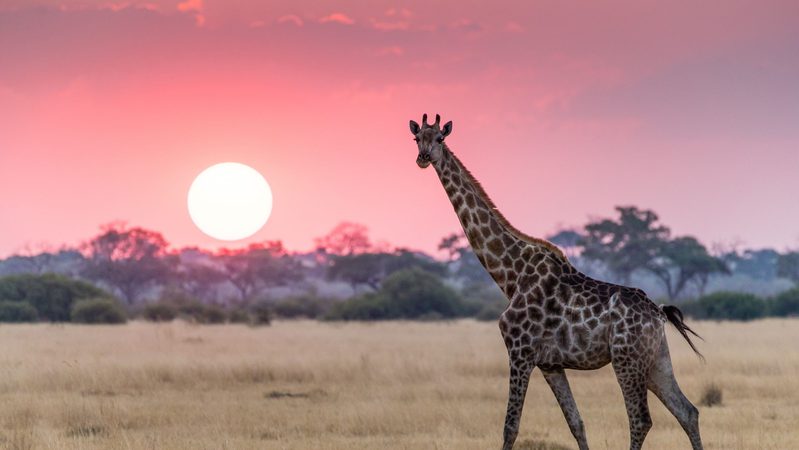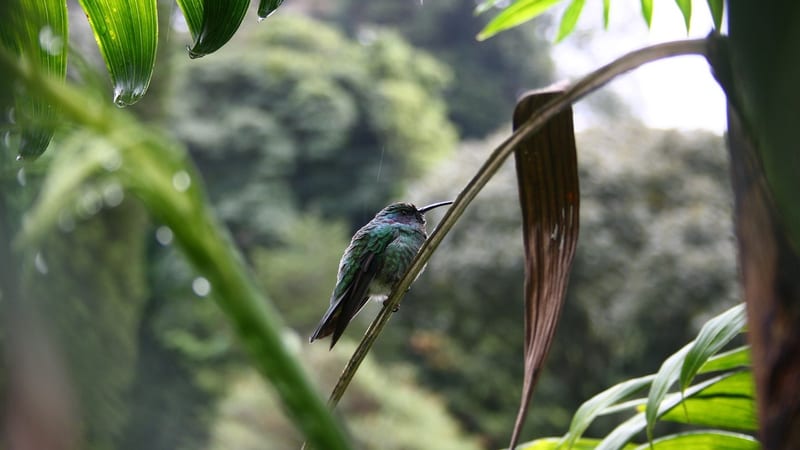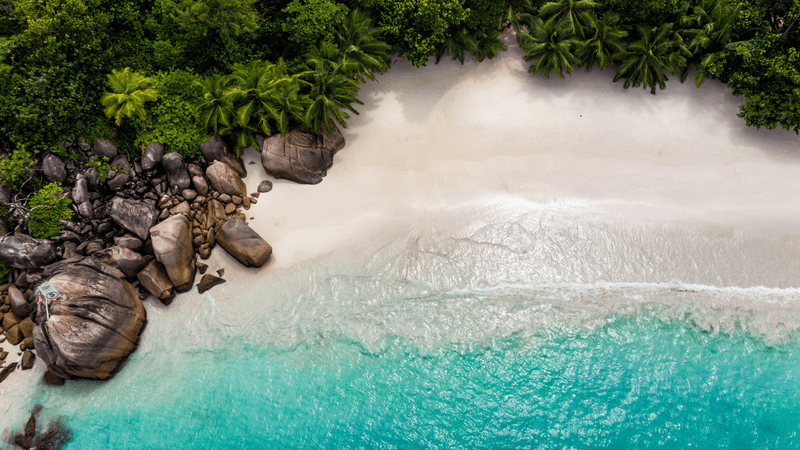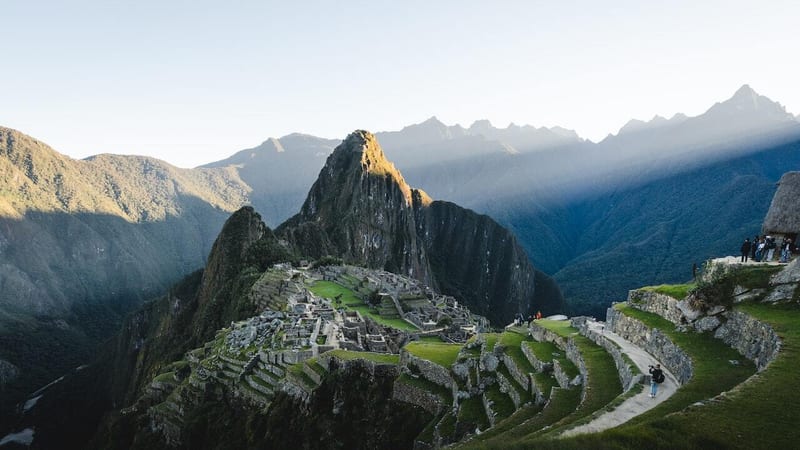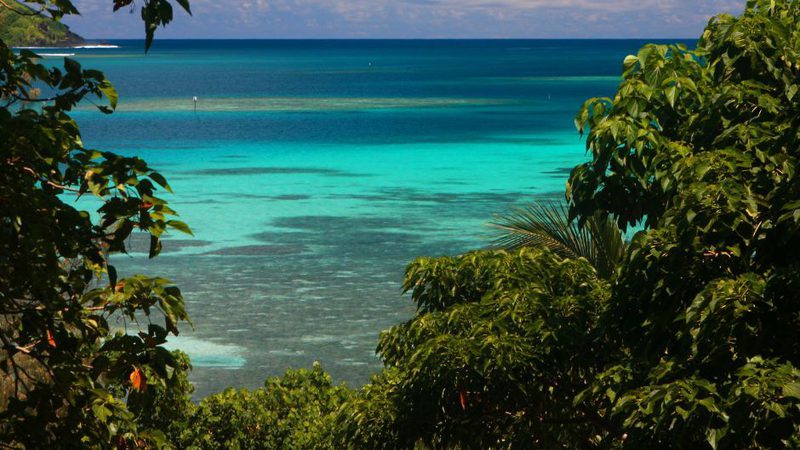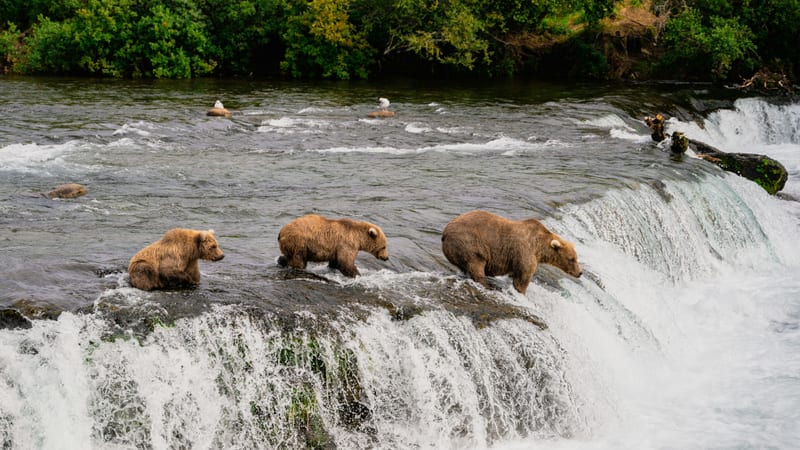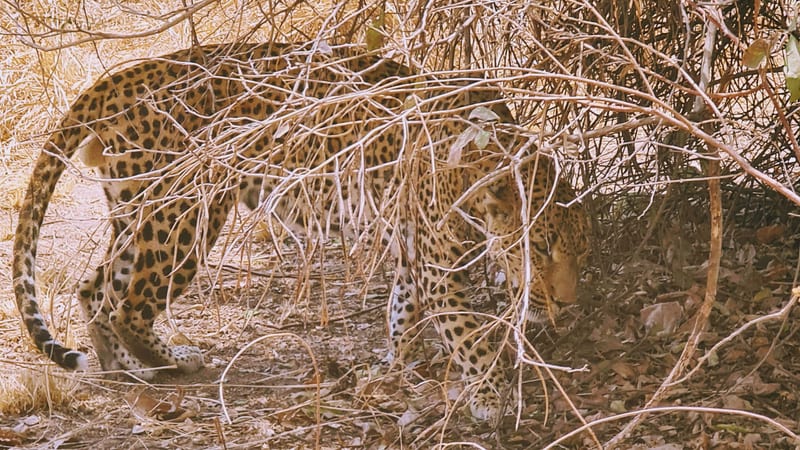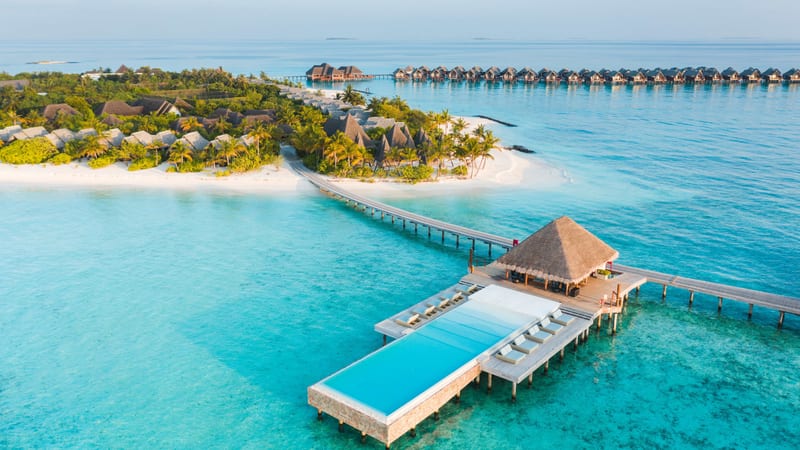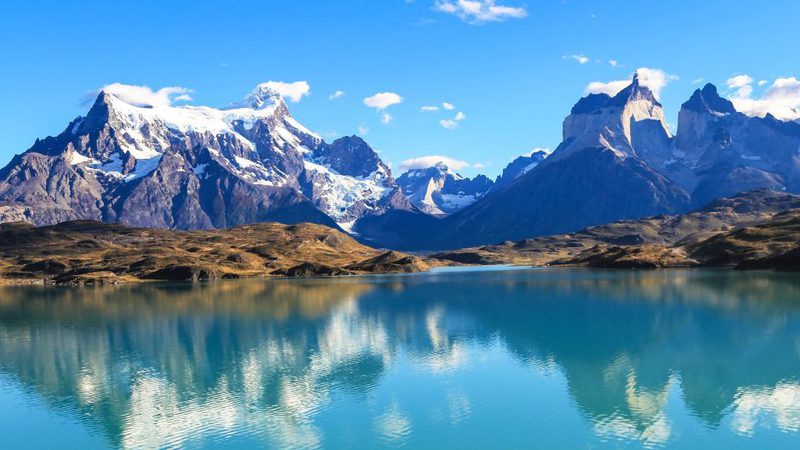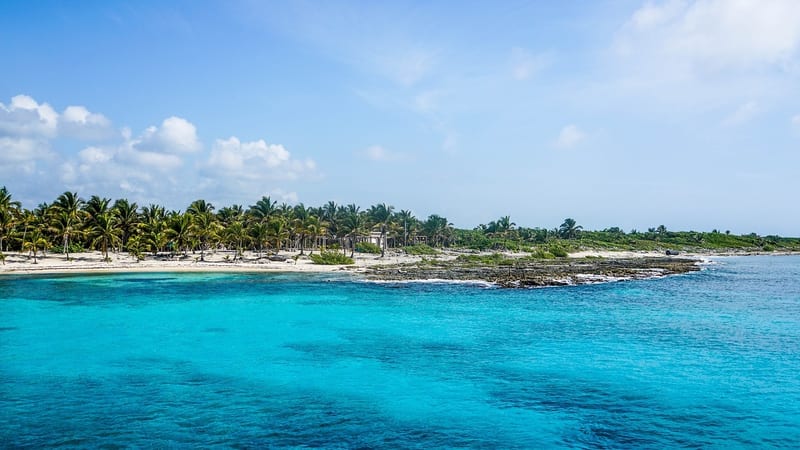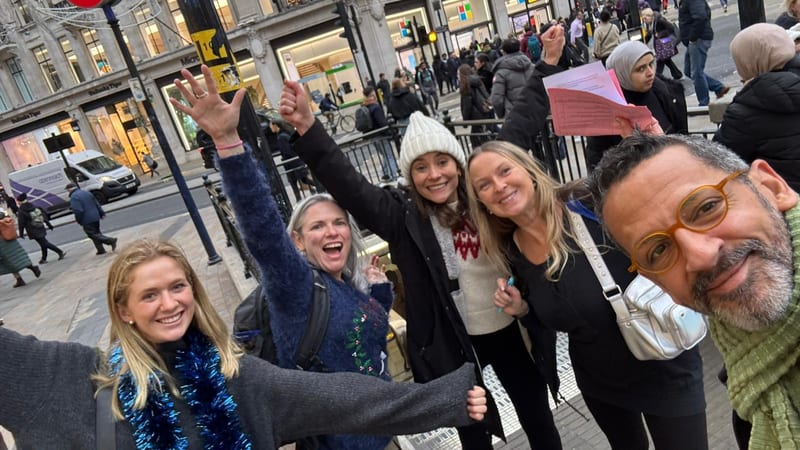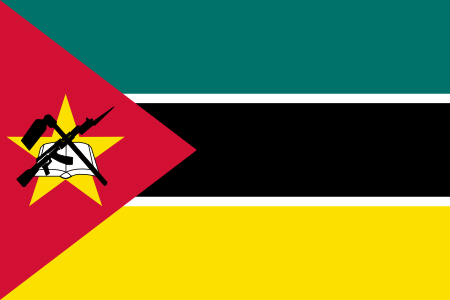
Quick Facts
- Area: 799,380 sq km
- Population: 24,096,669
- Capital: Maputo
- Religions: Catholic, Protestant (Zionist Christian, Evangelical Pentecostal, Anglican), Muslim, indigenous beliefs
- Languages: Emakhuwa, Portuguese, Xichangana, Cisena, Elomwe, Echuwabo, other local languages
- Currency: Mozambique New Metical (MZN)
- Time Zone: GMT + 2 hours
Geography and Climate
With 2,470km of coastline, Mozambique consists of a vast portion of the southeast coast of Africa. About half of the country's land consists of low coastal plains, with high plateaus and mountains rising in the north and west. Large rivers, such as the Zambezi and Limpopo, drain the savanna plateaus, emptying into the Indian Ocean. Mozambique has a tropical climate that can produce heavy rainfall and flooding along the rivers, especially in the north, while drought is more common in the south.
Maputo
Average annual temperature and rainfall:

Passports and Visas
Passports should be valid for 6 months beyond your intended stay, with a minimum of 3 blank pages.
Except for nationals from a few neighbouring countries, all foreigners travelling to Mozambique require a visa. All passengers with an embassy in their country of origin can get a Visa from the embassy prior to travel (travellers from countries WITHOUT an embassy can obtain a visa at the border). For British citizens, these can be arranged with the Mozambique High Commission in London. For more information please visit the Mozambique High Commission in London. You will need two passport sized photographs; a copy of the return tickets or flight confirmation; a copy of your accommodation booking confirmation; one recent bank statement; and a photocopy of your passport.
In summer 2017, Mozambique introduced the possibility for tourists to buy visas at border posts. If you intend to ask for a border visa on arrival, you may be required to explain why you didn’t get a visa before travelling. Although it varies, the basic procedure includes entering a private office where your picture is taken, and fingerprints scanned. Your personal details - as specified on your passport - are then entered into their system, as well the previous countries you’ve visited. A biometric visa is then printed and affixed to a page in your passport, so be sure that there is at least one blank page for this purpose. You should try to have Meticas on hand to purchase said visas for Mt2000, or you can pay US $50 for these dual-entry 30-day visas. You must present on entry a return air ticket (for air travellers) and either an invitation from family/friends or a confirmed hotel reservation.
Speak to the team at Far & Wild Travel about how you intend to obtain your Mozambican Tourist visas, so we can assist.
Check the foreign office for all the latest travel advice for Mozambique.
Health
We hope the information below is helpful, but it is only guidance; requirements change frequently and you MUST check all health requirements yourself with your GP.
- There is a risk of malaria and a course of anti-malaria tablets is recommended, along with precautions such as wearing long-sleeved tops and trousers, and insect repellent.
- A Yellow Fever certificate is required for those arriving from endemic areas, or who have recently been to a country affected by Yellow Fever.
- Please ensure that you are fully up to date with your country of destination’s Covid travel policies. Click here for the latest FCO advice.
More information on the latest health requirements can be found at the Travel Pro Health website.
Insurance
Your travel insurance should provide cover for cancellation and curtailment, medical insurance, lost or damaged baggage and emergency evacuation. We are fortunate to be partnered with Rush Insurance who provide a range of travel insurance policies specifically for the type of trips we offer. We have a dedicated page on their website here.
Money
Mozambique’s local currency is the Metical (pronounced met-a-cash), divided into 100 centavos, with approximately 30 Meticals to the US dollar. However, we advise taking US dollars or South African Rand, which are widely accepted and can readily be exchanged for Metacals. We would also recommend taking as many small denomination notes as possible (eg. $5, $10 bills or R50, R20 notes). It is advisable to carry cash, as credit cards are not widely accepted and obtaining a cash advance on a credit card in a bank can be costly and time consuming.
Recommended Reading
Wildlife and Safari Guides
- The Bradt Travel Guide Mozambique
- Southern African Wildlife (Bradt), Mike Unwin
- Sasol Birds of Prey of Africa and its Islands, Alan Kemp
- Birds of Southern Mozambique, Philip A Clancey
- A Field Guide to African Wildlife, Peter Alden and Richard Estes
- The Safari Companion: A Guide to Watching African Mammals, Richard Estes
- Newman’s Birds of Southern Africa and Common Birds of Botswana, Ken Newman
Other Interesting Reading
- Meet Me in Mozambique, E.A. Markham
- Sleepwalking Land, Mia Couto and David Brookshaw
- Shadow of the Sun: My African Life, Ryszard Kapuscinski
- A Time To Die, Wilbur Smith
- Getaway Guide to Mozambique and its Offshore Islands, Mark Copeland

